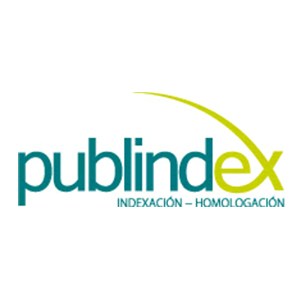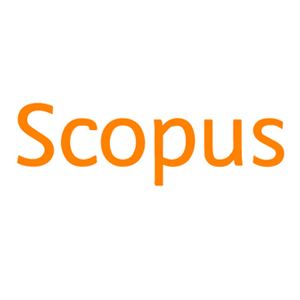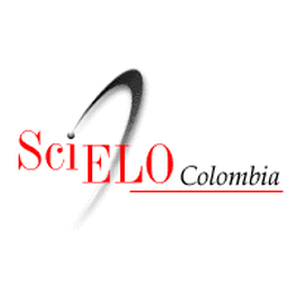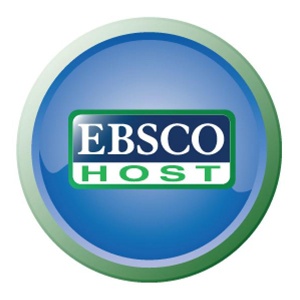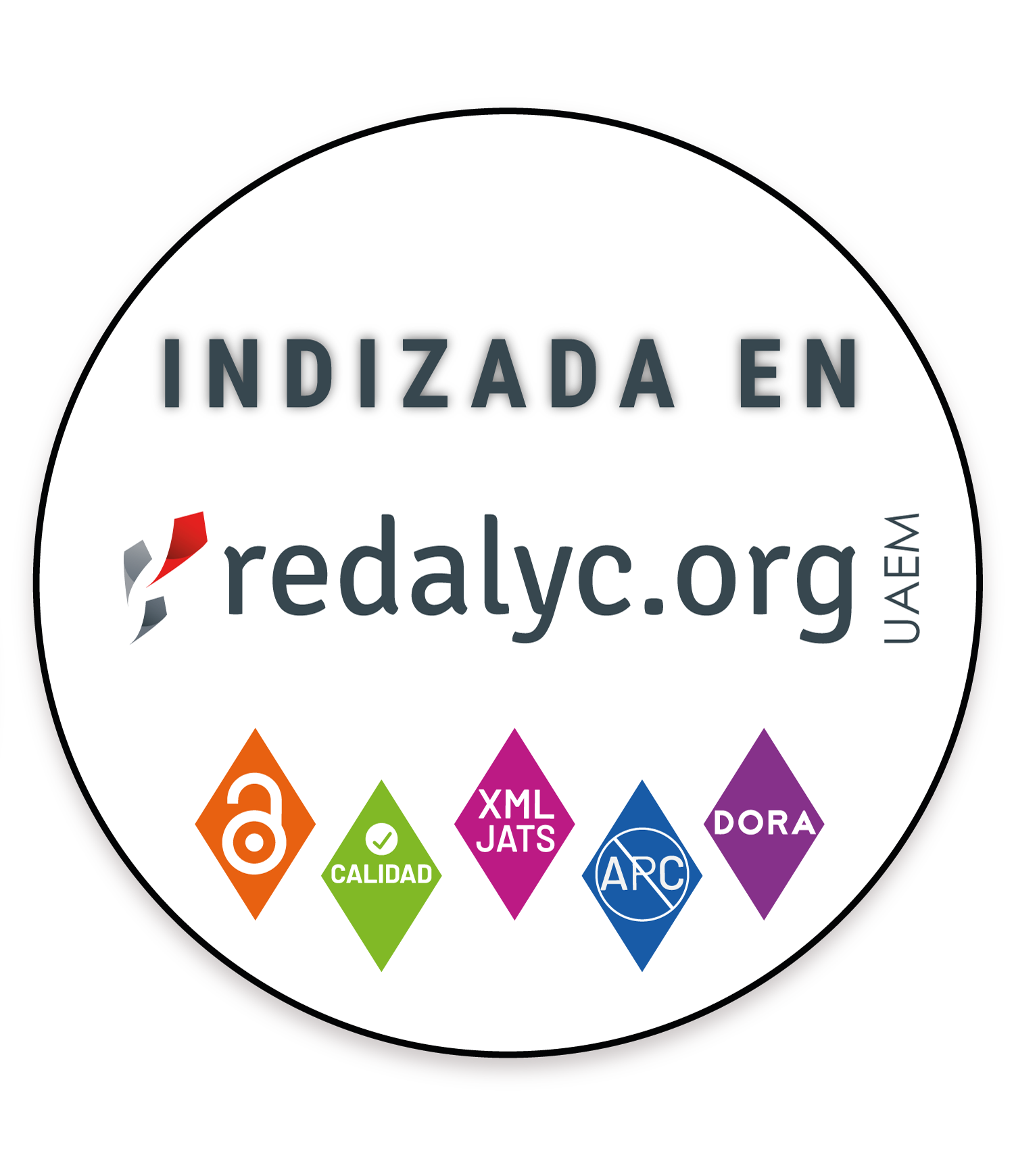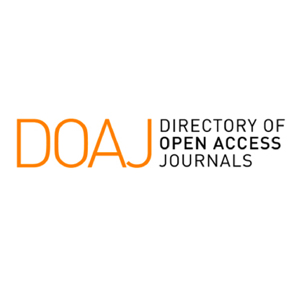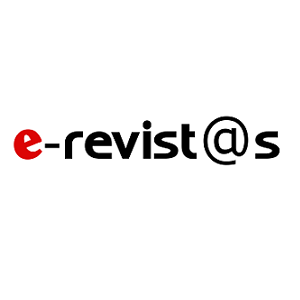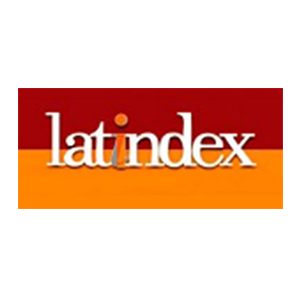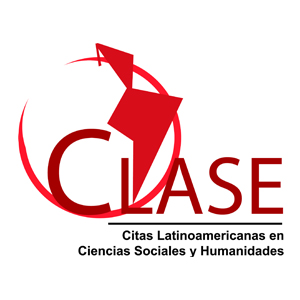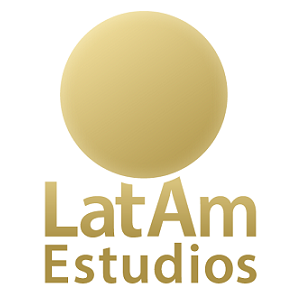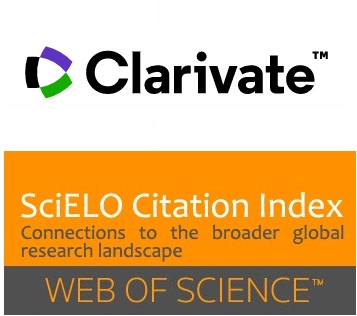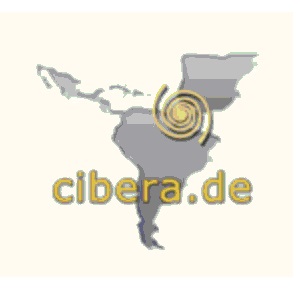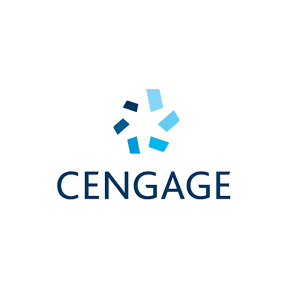About the Journal
Peer Review Process
Open Access Policy
This journal provides immediate open access to its content on the principle that making research freely available to the public supports a greater global exchange of knowledge.
Declaration of Ethics and best practice publication of Historia Caribe Journal
Identification, Institutional Affiliation and Originality
Historia Caribe is a biannual publication from the Research Group Históricas en Educación e Identidad Nacional, that belongs to the History Program of the Human Sciences Faculty at Universidad del Atlántico, which is an institution that supports the journal financially, and is located at Biblioteca Central, Bloque G, sala 303G (Ciudadela Universitaria, Km. 7 Antigua Vía a Puerto Colombia, Barranquilla-Colombia).. The journal can be found at the following URL http://investigaciones.uniatlantico.edu.co/revistas/index.php/Historia_Caribe/ and you can contact by emailing historiacaribe@mail.uniatlantico.edu.co and also by calling 3197222, 3197010 ext. 1251.
The journal’s team is formed by: a director, an editor, an editorial assistant and a student assistant. Along with this team, there is an editorial committee and an international scientific team. These teams and their members are responsible to ensure the journal’s high standards, as well as the quality and relevance of its content.
Originality and unpublished are conditio sine qua non that articles sent to Historia Caribe Journal must comply with, which means that the same articles cannot be presented simultaneously to other journals. In the event that an article would later be included in another publication, the information about the original publication on Historia Caribe must be clearly stated with prior authorization from the Historia Caribe Editor. Likewise, when Historia Caribe considers a prior published article for its own publication, it should have the previous approval of the editors in charge of it.
Director and Editor’s Responsibilities and Duties
The Director of Historia Caribe Journal is in charge of the communication among all the journal´s teams and the committees that constitute it in order to determine the policies that will allow the journal positioning and acknowledgment. Also, he is responsible for all the publishing processes to fully meet the standards, and he will be responsible for publishing adjustments, clarifications, corrections, justifications and answers when needed. Besides that, he is in charge of all administrative and institutional processes.
The Editor of Historia Caribe is responsible for the process of all manuscripts that are submitted to the journal, maintaining the required confidentiality during the whole process of revision and arbitration, until the publication or rejection of the article. This one will be the communication bridge between the authors, the referees and the editorial team. Besides that, he will be in charge of answering any request that can be made to the journal and/or any clarifications and corrections as needed.
He will also be in charge of the dissemination and distribution of published issues to contributors, reviewers and organizations that have an exchange with the journal, and to the repositories; as well as the national and international indexing systems, including shipping to active subscribers.
Authors’ Responsibilities
All collecting manuscripts proposed to Historia Caribe Journal should be submitted electronically at: historiacaribe@mail.uniatlantico and historiacaribe95@gmail.com, or through the Open Journal Systems platform. Only manuscripts conforming to the journal’s guidelines, which are in the printed as well as in the digital version of the journal, will be taken into consideration.
Although the editorial committee approves the articles for publishing, taking into account the evaluation carried out by anonymous peers based on the criteria of academic quality and writing, originality, contributions, current bibliography, clarity, importance and pertinence of the topic, authors are responsible of ideas expressed on them as well as the ethical standards of the article.
Once the author presents his/her article for consideration, it is assumed that it is of his/her own authorship and that the intellectual property rights of third parties are being respected, an aspect that will be explicitly stated once it has completed the process of evaluation. It is the responsibility of the authors to make sure they have all of the permissions to use, disseminate and publish charts, graphs, maps, diagrams, photographs, etc, and he/she assumes any requirements about them.
The authors acknowledge that their articles will be submitted initially to the considerations of the Editorial Committee, who will decide to give them commission to anonymous peer reviewers for revision. They will send their arbitration to the Editor, who will inform authors about modifications and observations arisen from this process. These changes need to be fully taken into account and must be carried out in the time the Editor establishes. He will inform the approval of the changes made. When the manuscripts submitted to the journal are not accepted for publication, the editor will send a written notification to the author explaining the reasons why it will not be published in the journal.
In any part of the evaluation and editing process, the Editor may consult the author, who must be attentive to any requirement, which will be made by email and in the stipulated deadlines for the response. The Editorial Committee, previous presentation by the Editor, will have the last word on the publication of articles, reviews, and essays; and the issue number in which they will be published. That date will be provided when the author conveys all of the requested documentation within the specified periods. The journal reserves the right to make minor corrections of style.
The texts to be published must have the authors’ permissions by the signing of a "Document of authorization for use of intellectual property rights". The use of the author’s property rights (reproduction, public communication, transformation and distribution) to Universidad del Atlántico, Facultad de Ciencias Humanas, Programa de Historia, Historia Caribe Journal (printed and electronic version). In this way it is also confirmed that the text is of authors’ own authorship and that the intellectual property rights of third parties are being respected. Authors may use the final version of their article, under a license BY SA.
Commitments and responsibility of peers/evaluators
They contribute in an objective manner to the arbitration process and evaluation of the articles, always seeking to improve the scientific quality of these and of the Historia Caribe journal. In addition, maintaining anonymity from the moment that authors are contacted until after the publication, not supplying any information by any means about the same.
The evaluation of articles shall be carried out in accordance with the following criteria: academic quality, drafting, originality, contributions, updated bibliography, clarity, importance and relevance of the topic, which is found in the respective format and that will be sent by the publisher to the evaluators to make their collaboration. They will respect the times indicated by the Editor for the evaluation process and they will not exceed the time limits. If any extension is needed, this one should not exceed 15 calendar days. This process should not be greater than six months.
This task will be carried out with due dedication and according to established criteria, formulating the suggestions and modifications to the author, noting significant references that have not been included in the work, always looking for quality scientific and the fulfilment of these criteria.
Peers/ Evaluators will inform the Editor any possible conflict of interest with the article that they have been assigned, either by academic, financial, institutional affairs or collaborations between the arbitrator and the authors, to assign another evaluator. In addition, they will indicate when there is suspicion of plagiarism or closely substantially resembles to another product of research published or not, to take the procedures in each of these cases by the Editorial Committee.
Anti-ethical Behaviors
Compared to any action that may be considered contrary to this statement, shall be taken into account as regulated by the Committee on Publication Ethics COPE in the document: http://publicationethics.org/files/all_flowcharts_spanish_0.pdf (Accessed February 07 2014) and the ways to proceed against duplication, plagiarism, redundancy, fabricated data, changes of authorship, anonymous authors and other matters defined by the COPE.



